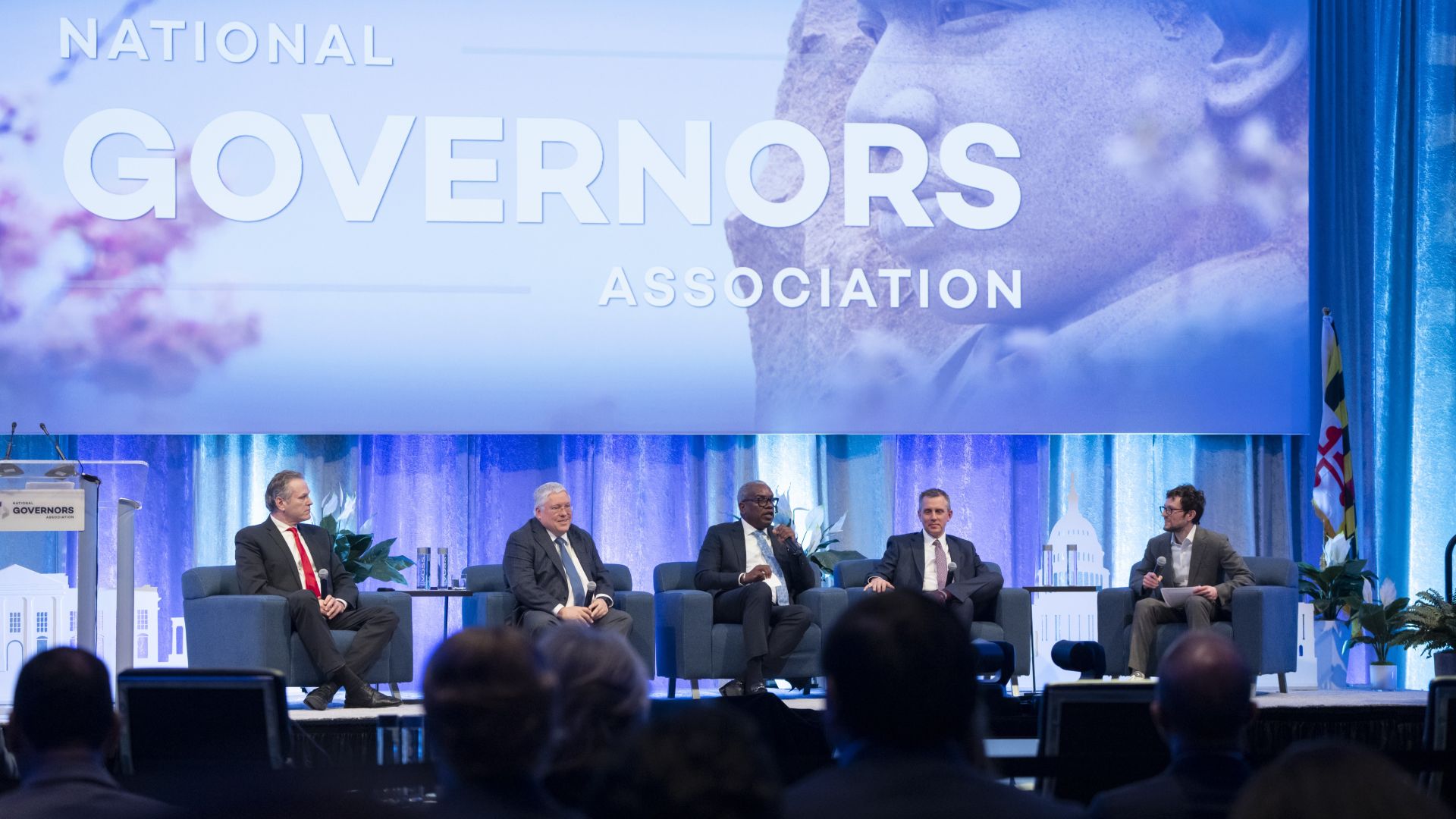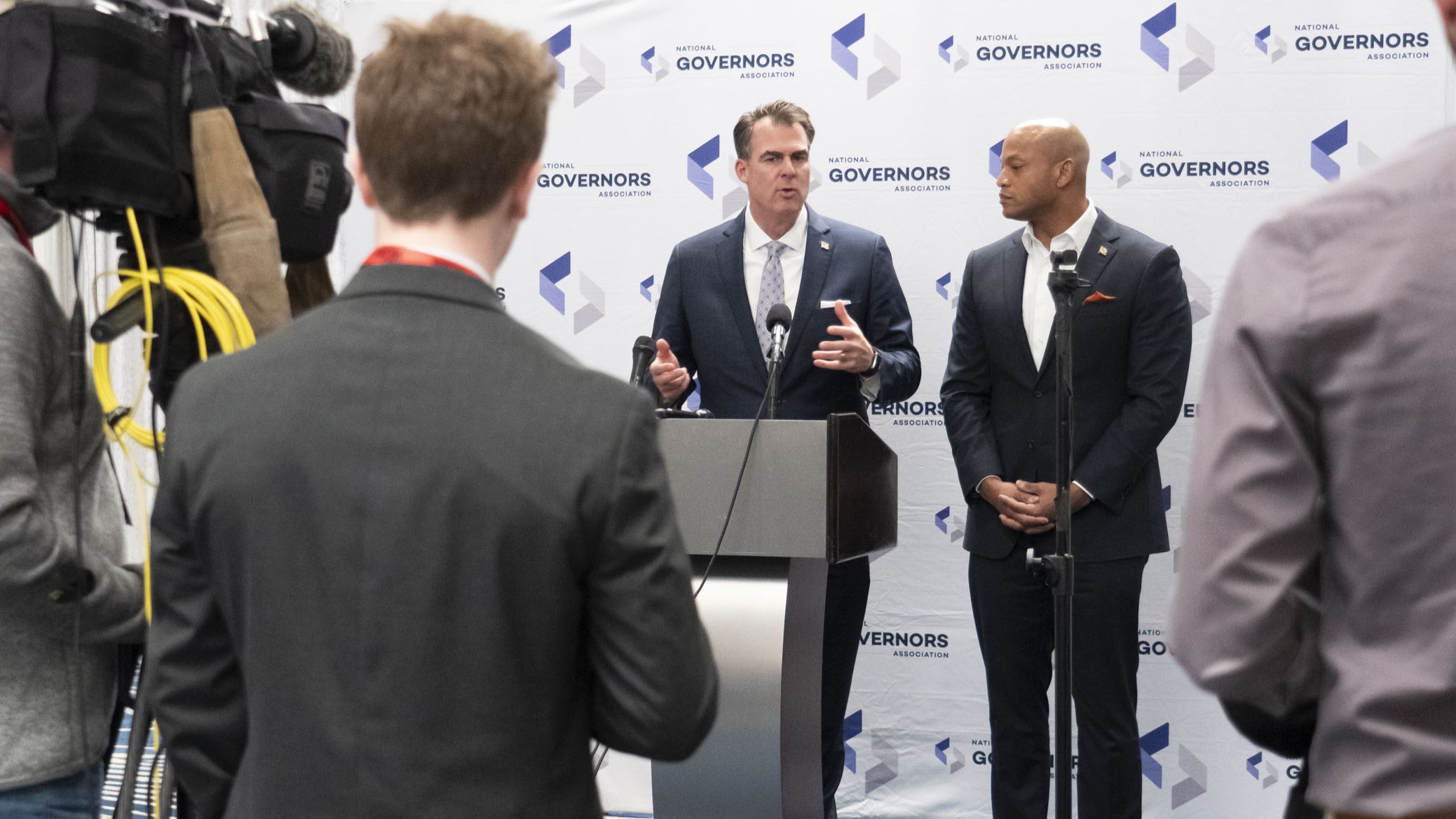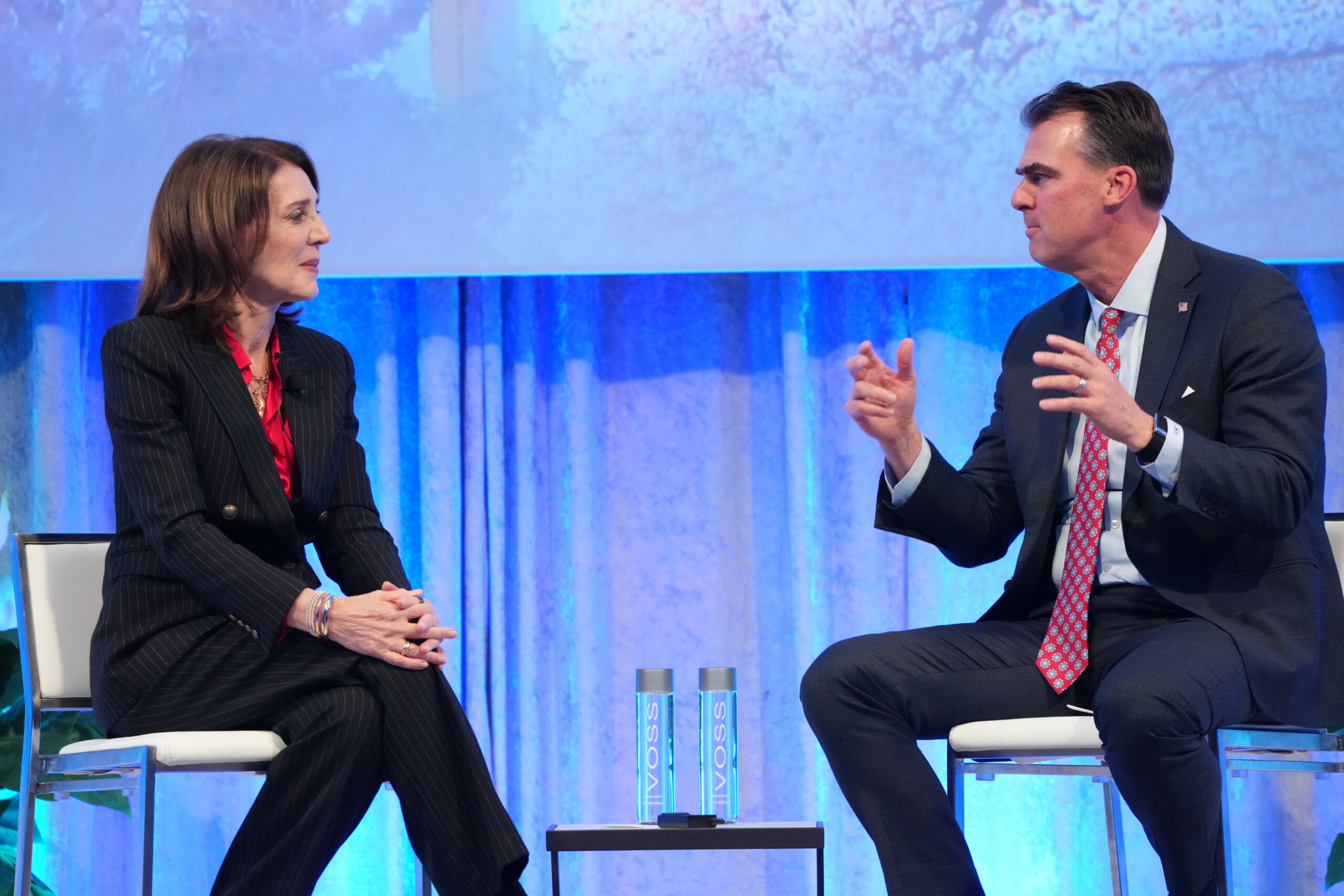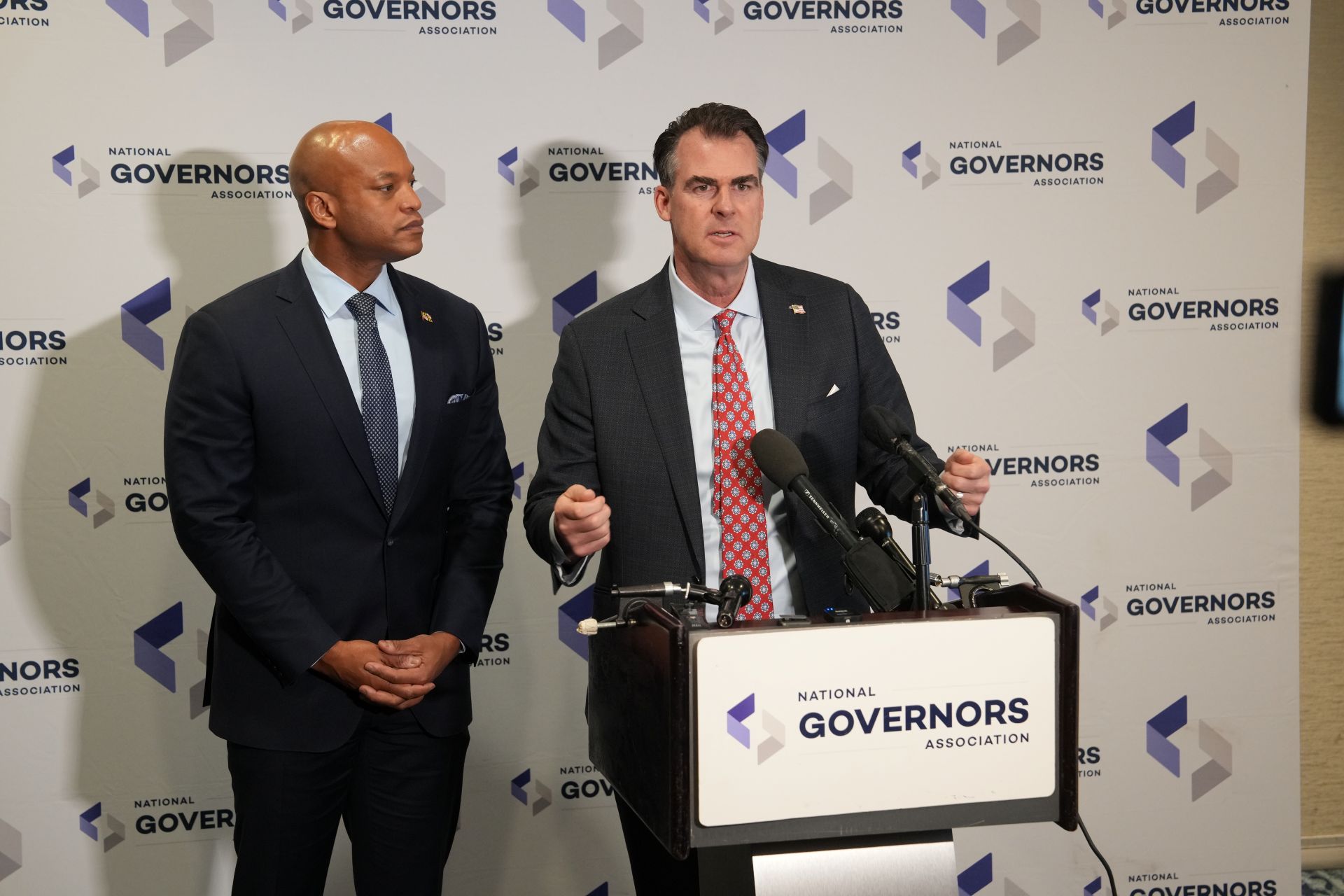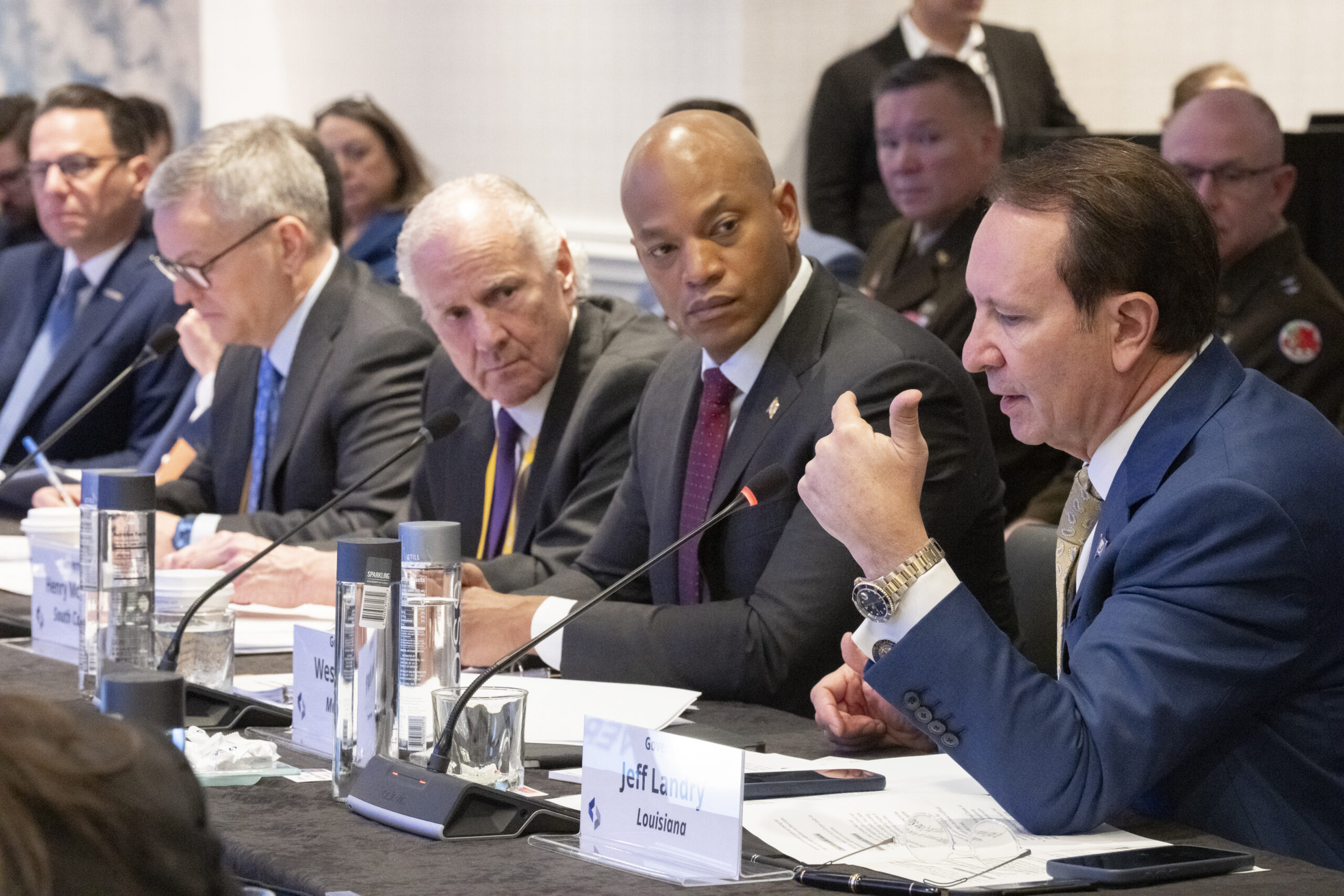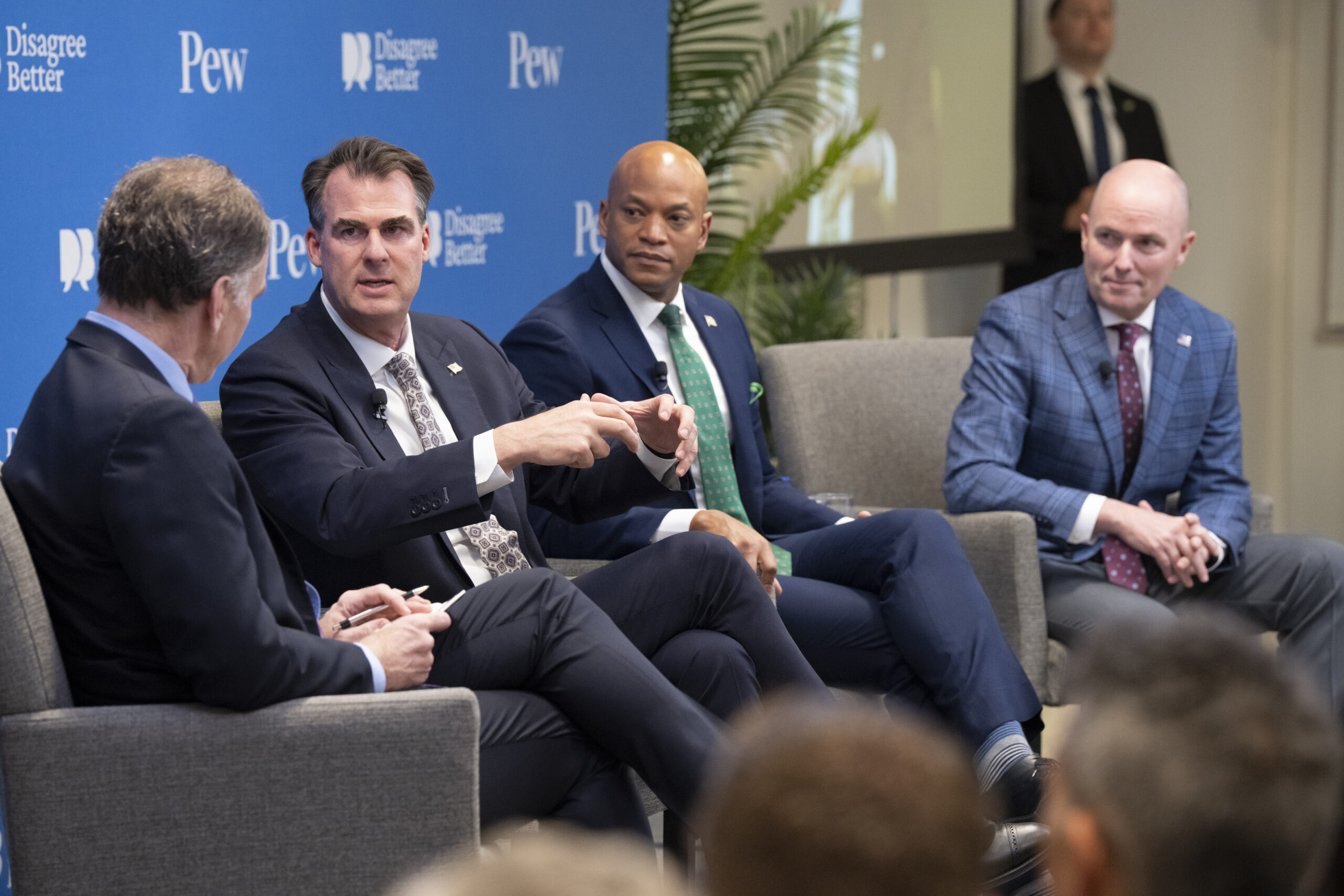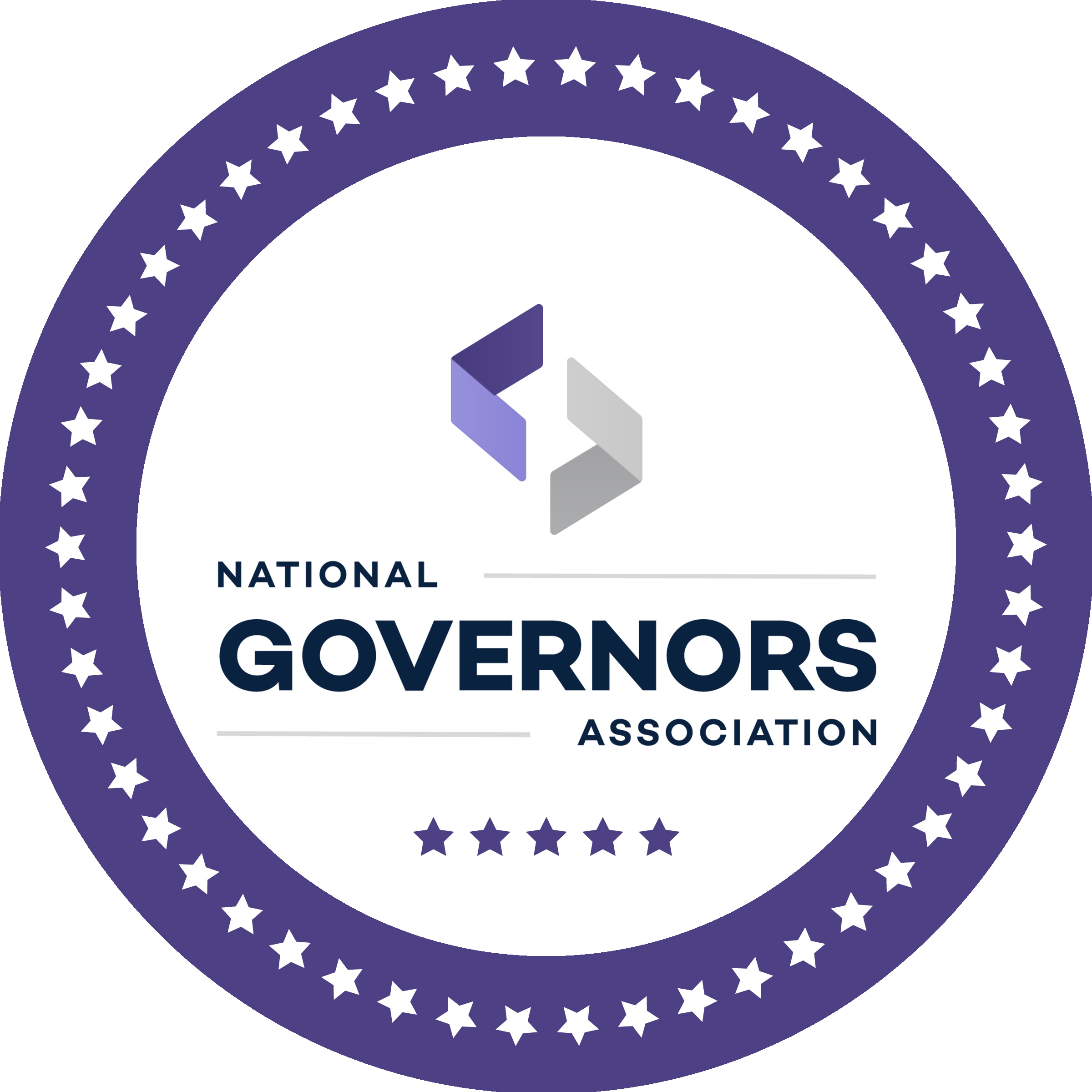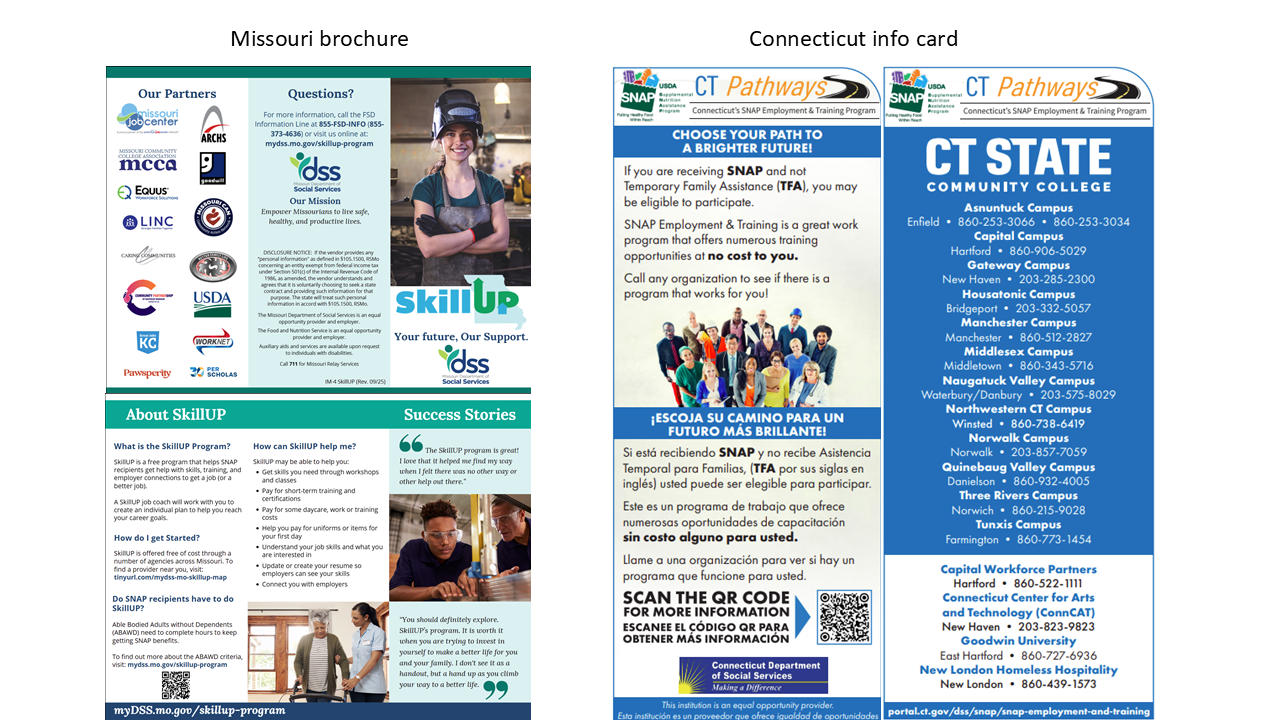On September 4th, NGA Vice Chair Maryland Governor Wes Moore and Utah Governor Spencer Cox sat down at the National Press Club in Washington, D.C., to discuss bipartisan leadership. At a time of rising division and falling trust in government, what can leaders do to lower the temperature and make progress? The question is more important than ever, and it’s one Governors tackled through the Disagree Better initiative. Governor Cox launched Disagree Better as NGA chair in 2023-2024, and it continues as an independent non-profit.
And it’s an area in which Governors lead by example every day.
Whether on everyday issues like affordable housing or in the aftermath of tragedies like the collapse of Maryland’s Francis Scott Key Bridge, both Governors agreed that Governors don’t have time for partisanship.
“We all have learned when your phone rings in the middle of the night, you’re never about to get good news as Governors,” said Governor Moore. “Literally one of the first people that reached was Governor Cox. I’m never going to forget that… One of the nice things about being a Governor is we don’t do that back-and-forth partisan stuff. We just don’t do it. You got a job to do [given the] myriad of tragedies and disasters that we will deal with in these roles.”
Recounting a roundtable discussion on housing at NGA’s Winter Meeting, Governor Cox said, “I wish the entire nation could have seen it because if you came from another planet, you would not have known who were the Republicans and who were the Democrats in that room. Because we’re all trying to figure out how to get through that. So there is still bipartisanship happening, and it happens more at the Governors’ level than it than it does in Congress.”
Highlights from the conversation follow.
On restoring trust in government
Governor Cox: “We see trust declining precipitously everywhere but especially in the United States. And a few years ago, [a survey] actually defined trust for the first time, and it was very simple. Trust is made up of two things: ethical behavior and competency. So when I think about why people are losing trust, are we acting ethically as elected officials? And the competency piece is huge; we’re not doing what government was intended to do. When Congress is broken and floundering, and nothing gets done, and it takes me 15 years to get a permit to build a transmission line across the state of Utah, for one example, then I’m going to lose trust and faith in government. We can talk about rebuilding trust, but those are the things we’re going to have to do. We have to be honest, and we have to do things the right way. We actually have to do stuff, and we’ve gotten really bad at doing stuff in this country.”
Governor Moore: “For a lot of people in our country and a lot of people in our democracy right now, there’s a good amount of people who say ‘blow it up because it hasn’t worked for me.’ We have to be honest about that. For a lot of people, the fabric that we stand by, that we fight for, that we will give everything up for – that is actually what’s being tested in people’s minds and people’s hearts right now. So I think that we have to both give people an idea that we are going to fight for these values, and understanding that we are going to fight for our foundations, but we also have to show them that these foundations are worth fighting for. Because if it just feels like [we are defending democracy] on principle’s sake, [disaffected Americans will respond] ‘But you’re still not hearing me on the reason that I’m actually rooting for the disruption.’ Then we’re never going to be able to get to a better place as a larger country.”
On leading by example
Governor Cox: “Elected officials or celebrities – if you can get them talking about depolarization, if you can get them talking about civility, about dignity and respect, [it can make a difference]. That’s why through Disagree Better, we started filming ads together, Republicans and Democrats. Governor Moore was kind enough to do an ad with me where we talked about our differences. And then we talked about the things that we have in common. We’re both dads. We’re both husbands. We both love college football. We have great hair. These are the things that bring us together. And as Americans, that’s the secret. We have to go back to the things that remind us who we are and bring us together.”
Governor Moore: “[Following the bridge collapse] there had to be a unified front. There was no time for partisanship, there was no time for dueling press conferences, there was no time for statements and then responses to statements, and this and that. We are dealing with human life. We’re dealing with people that are relying on us to be adults. We’re dealing with a moment when we can either succeed as a team, or we will fail miserably. Your message to everybody is ‘we are one, and there can be no breaking of that.’ Because once that is broken, people’s confidence in you and your ability to get anything done is now ruptured indefinitely, and we just don’t have time for that in those kind of situations.”
On service as a solution to healing partisan division
Governor Moore: “I remember our second day of military training was when I learned that line, ‘leave no one behind.’ And that then became a larger governing philosophy on service and the importance of service. One of the first bills that I introduced, that I testified personally on behalf of, and that I signed was a bill called the Serve Act, which made Maryland the first state in the country that now has a service year option for all of our high school graduates. Every high school graduate now has a chance to have a year of paid service to the state of Maryland. If you want to serve veterans, if you want to serve young people, if you want to serve older adults, if you want to work on the environment, it is your choice. And let’s give you an opportunity to do it with someone from a different community, from a different part of the state. Especially in this time of political divisiveness and political vitriol, I just believe deeply that service will save us. If we can be a state, if we can be a nation, where people are actually working together on hard things, getting to know each other, getting to be able to create those common bonds, that is the thing that helps to break apart this calcified division that is just sitting over people.”
Governor Cox: “I so appreciate Governor Moore’s leadership on service, and we literally did steal their idea. That’s what governors do. That’s how it works. That’s why we’re laboratories of democracy. The research shows very clearly that service is a way to depolarize our society. It’s intuitive, but the research actually backs it up. It’s also good for your health. We now have a lot of psychiatrists who, before they will prescribe medication, are prescribing actual service. It lowers your blood pressure. It helps with your mental health. There are so many good things that come from giving back, and that makes a difference.”
Governors Cox and Moore co-chair an Advisory Board that provides guidance to NGA’s Service-to-Career Pathways Policy Academy – a six-state project to support service programs as a key tool for meeting community needs and bridging division while also providing young adults with career development opportunities.
Visit NGA’s website to learn about more projects Governors are leading together, including the 2025-2026 Chair’s Initiative Reigniting the American Dream.



